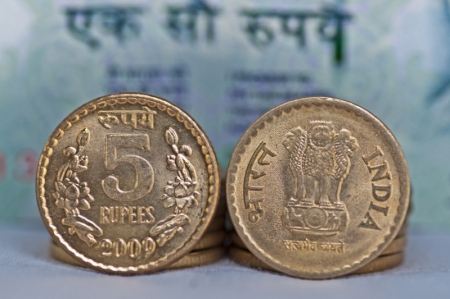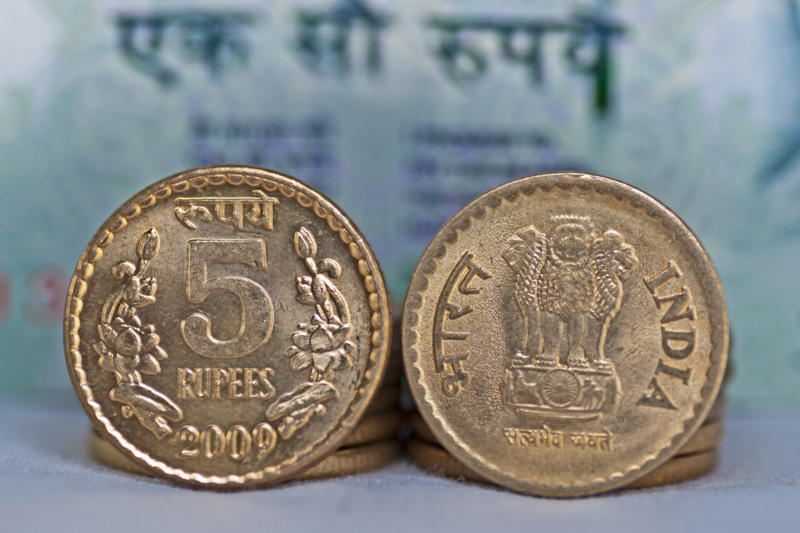
Investing.com – Most Asian currencies steadied on Monday, recouping some recent losses against the dollar after current inflation data fueled expectations of interest rate cuts and sent the dollar plunging.
The Indian rupee has outperformed its peers, rising sharply after exit polls for the 2024 general elections pointed to a third consecutive victory for the incumbent BJP.
Anticipation of a potential interest rate cut this week has also led traders to favor risk-on assets.
But gains in regional currencies were tempered by persistent caution over U.S. interest rates, especially ahead of key U.S. labor data and the Federal Reserve meeting.
Dollar suffers losses after PCE data turned out to be expected
Both fell slightly in Asian trading on Monday after falling sharply on Friday.
The dollar’s losses came as data, the Fed’s preferred inflation gauge, cooled as expected, albeit slightly, in April.
The data has raised some expectations that the Fed will begin cutting rates in September. Traders put a 47% chance of a 25 basis point cut in September and a 45% chance of a rate hold, according to .
But those expectations will be tested in the coming days, with key data released this Friday and next week.
Most Asian currencies reacted with restraint. The Japanese yen hovered above 157, also faltering on weaker-than-expected data.
The Australian dollar fell 0.1%, while the Singapore dollar was little changed.
The South Korean won fell 0.3% and the Chinese yuan rose 0.1%.
The yuan underperformed its peers slightly after mixed Purchasing Managers’ Index data. on Monday showed the country’s manufacturing sector expanded in May, in contrast to last week when the sector contracted.
Indian rupee rises amid election watch, USDINR falls
The Indian rupee was the standout gainer among its Asian peers on Monday, with the pair, which measures the number of rupees needed to buy one dollar, falling 0.5% to 83.059 rupees.
Exit polls showed that the BJP-led NDA alliance was largely expected to win the 2024 elections, which would represent the third consecutive term for Prime Minister Narendra Modi.
Investors have generally welcomed the BJP’s pro-business measures over the past five years, which have fueled outsized growth in the Indian economy.
This week the focus will also be on.


